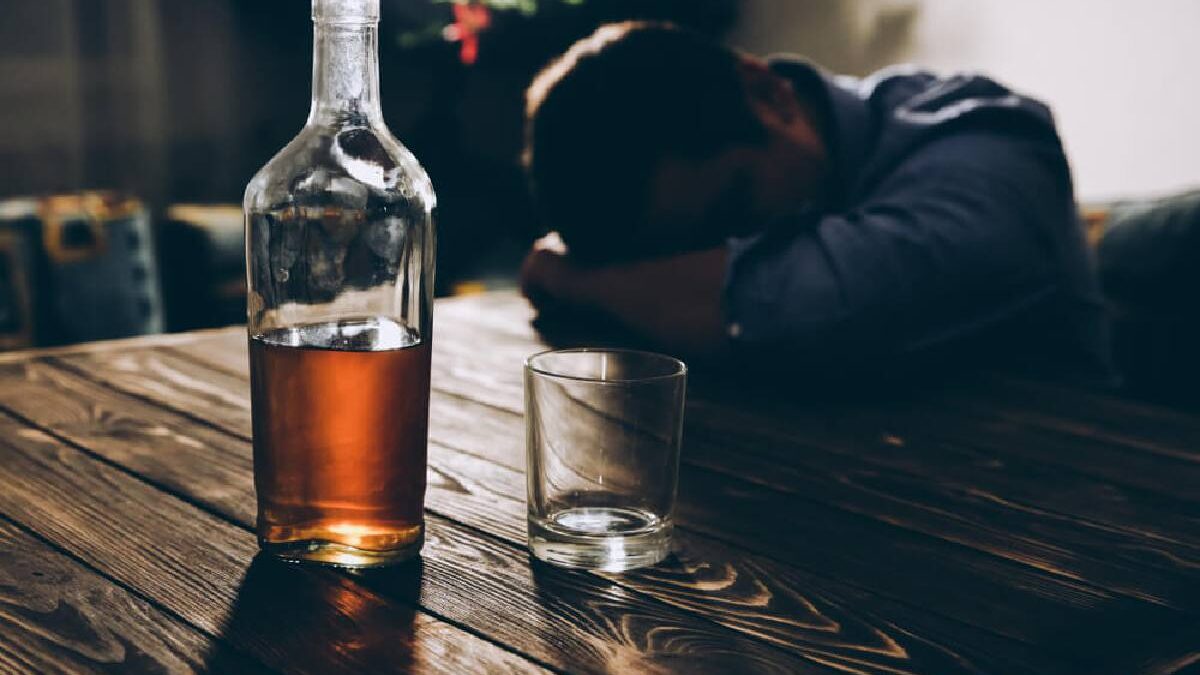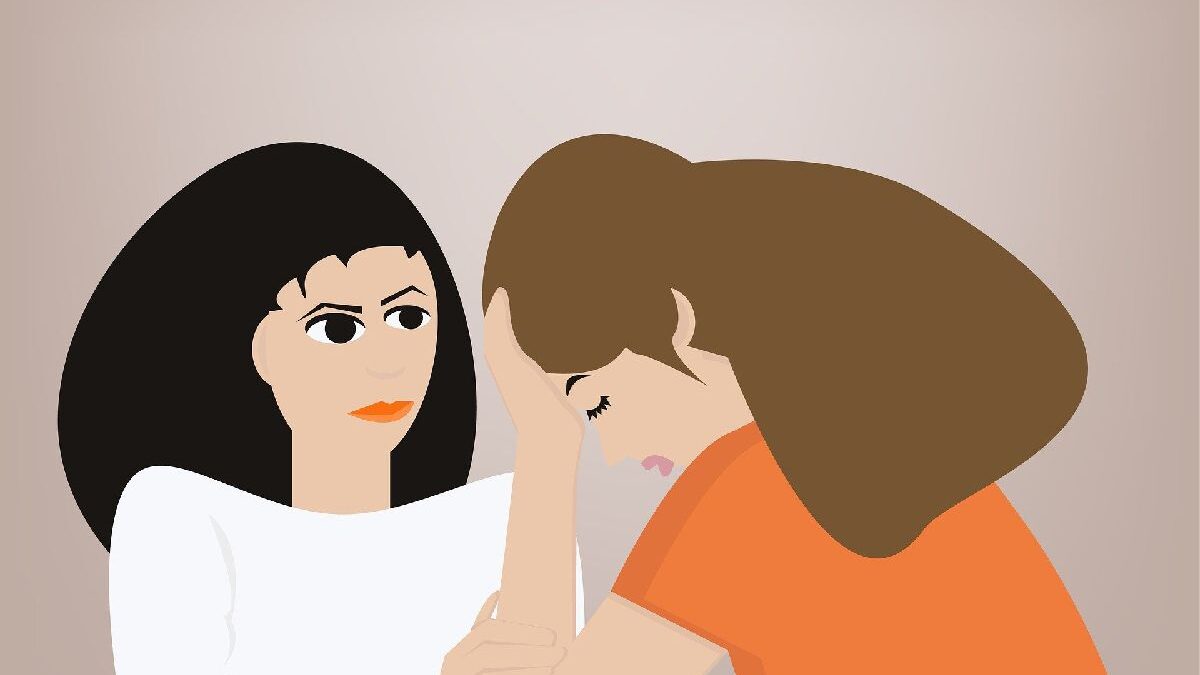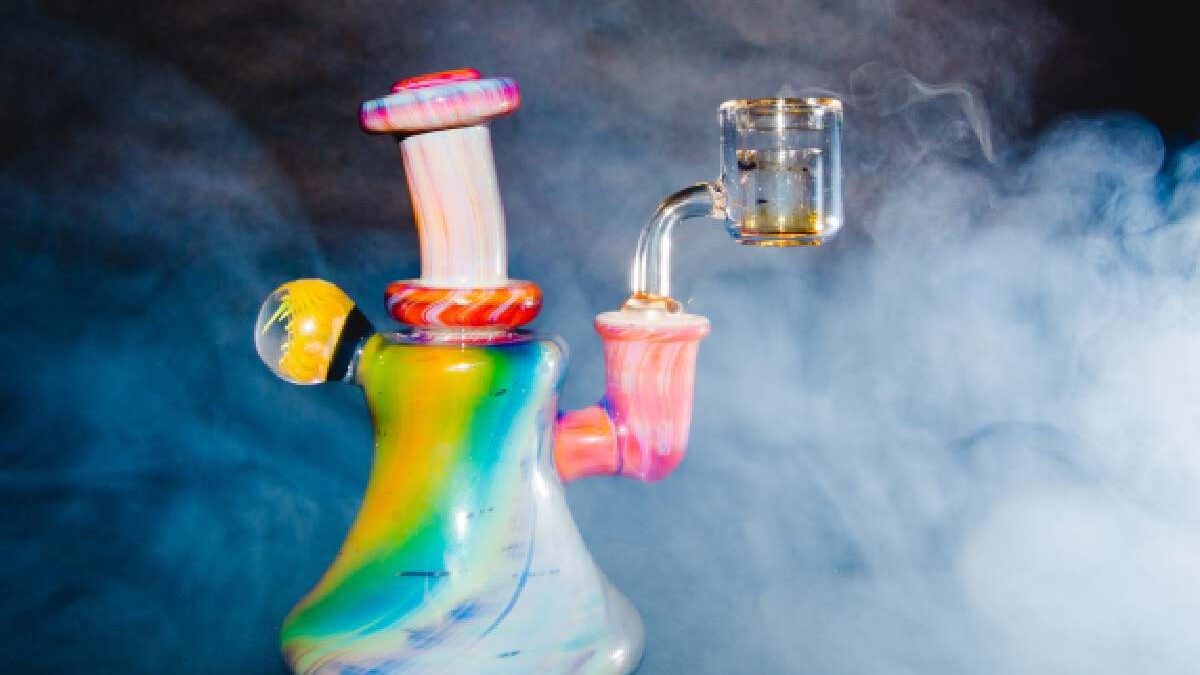
Addicts will continue to seek the substance, despite any negative effects it may have on their lives. It takes over their lives, causing mental, emotional and spiritual damage. Not only does it affect the individual, but those who care about them.
It’s never too late to get help if you or someone close to you is struggling with addiction. For those struggling with substance abuse, there are many treatment options available. There are many options for treating substance abuse, and the underlying issues that often accompany it.
Below are a few treatment plans offered by the best rehab and recovery centers. These programs are a great place to start for anyone who is ready to make the first step towards recovery.
Inpatient Programs
In most cases, patients will undergo a detoxification program upon admission to an inpatient program. It ensures that alcohol and drugs are safely removed from the system. To avoid complications, it’s best to detox with the help of a medical professional. Detoxification can take anywhere between three and seven days, depending on which drug(s) the individual is addicted to.
The patient will stay in the center’s recovery program for a long time after detox. Some inpatient programs have a more hospital-like structure, while others are similar to luxurious resorts. Inpatient treatment programs should not only focus on treating addiction, but also co-occurring disorders.
Inpatient programs are often more expensive than other treatments plans, despite being intensive and beneficial. Inpatient programs are often followed by a continuation of treatment because the patient will have to adapt to daily stressors and maintain sobriety.
Intensive Outpatient Programs
Inpatient treatment is often followed by intensive outpatient programs for patients who are still at high risk of relapse. When someone sets their minds to it, change is simple. The real challenge is maintaining that change. Outpatient intensive treatment is a great way to stay on track with recovery from addiction.
Outpatient programs have fewer restrictions than hospital programs. The intensive outpatient program is usually 3-5 days per week with a session of about 3 hours. Patients are still free to go about their daily lives, but with an emphasis on sobriety.
Outpatient care is not only for those who have completed inpatient programs, but also those who struggle with addiction at a lower level than those who need the 24/7 monitoring of inpatient care. Outpatient care may cause withdrawal symptoms but not to the same extent as inpatient care. This may be the case for someone who has only recently begun to struggle with addiction, or those who are supported by strong sober family members.
Partial Care
Partial hospitalization is similar to an inpatient care program. This treatment is ideal for those who need more support than intensive outpatient, but don’t require the 24 hour supervision of an inpatient program.
Meetings for partial care are usually held 5-6 days per week, lasting 4 to 6 hours. Partial care, like intensive outpatient services incorporates both therapy and treatment for substance abuse for a holistic rehabilitation approach. It’s just more rigorous.
Detoxification
Detoxification is sometimes incorporated in other treatment plans, such as inpatient rehab. It is the first step to sobriety for someone addicted to drugs or alcohol. Detoxification is the process that removes all traces or drugs and alcohol from the body.
Under the supervision of a doctor, you can be sure that your withdrawal symptoms won’t become too intense and that a relapse will not occur. Both alcohol and drug withdrawal symptoms can be uncomfortable. Medical professionals who specialize in detoxification are the best at navigating this terrain.
Medication-Assisted Treatment
In some cases, medication-assisted therapy is the best treatment option for someone who has substance abuse. The severity of addiction and the substance(s) used will determine the best treatment. The following substances are MAT-beneficial:
- Opioids
- Alcohol
- Cocaine
- Methamphetamine
- Benzodiazepines
When the body of the individual is still dependent on alcohol or drugs, MAT can be used first to detoxify. This helps to relieve withdrawal symptoms at the beginning. These symptoms can include nausea, fatigue and anxiety. The duration of MAT treatment depends on how dependent the patient is on the drug. It can last a few weeks or years.
MAT is a great tool for reducing relapse risk and managing withdrawal symptoms. However, it’s important to use it in conjunction with alternative methods. Medication-assisted treatments cannot address co-occurring disorders, such as PTSD or depression.
You have a variety of options to choose from regarding treatment
It’s important to remember that the road to recovery is a lifetime commitment. Inpatient treatment may be the best option for someone to begin with, and then transition into outpatient treatment later. If the addiction is severe, MAT may be required in addition to either or both of these treatments.
The best rehab and recovery centers offer holistic treatment plans. Both inpatient and outpatient therapies can be used to treat co-occurring disorders, which are often associated with substance abuse.
Visit Achieve Wellness and Recovery for more information on how to begin this journey.














